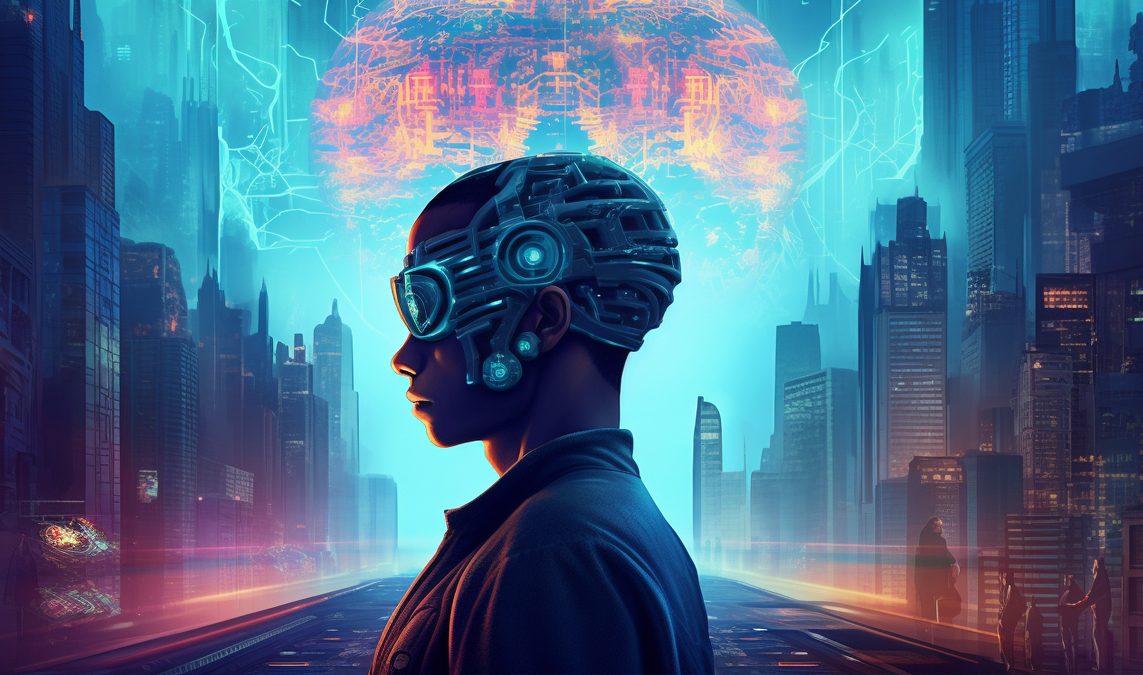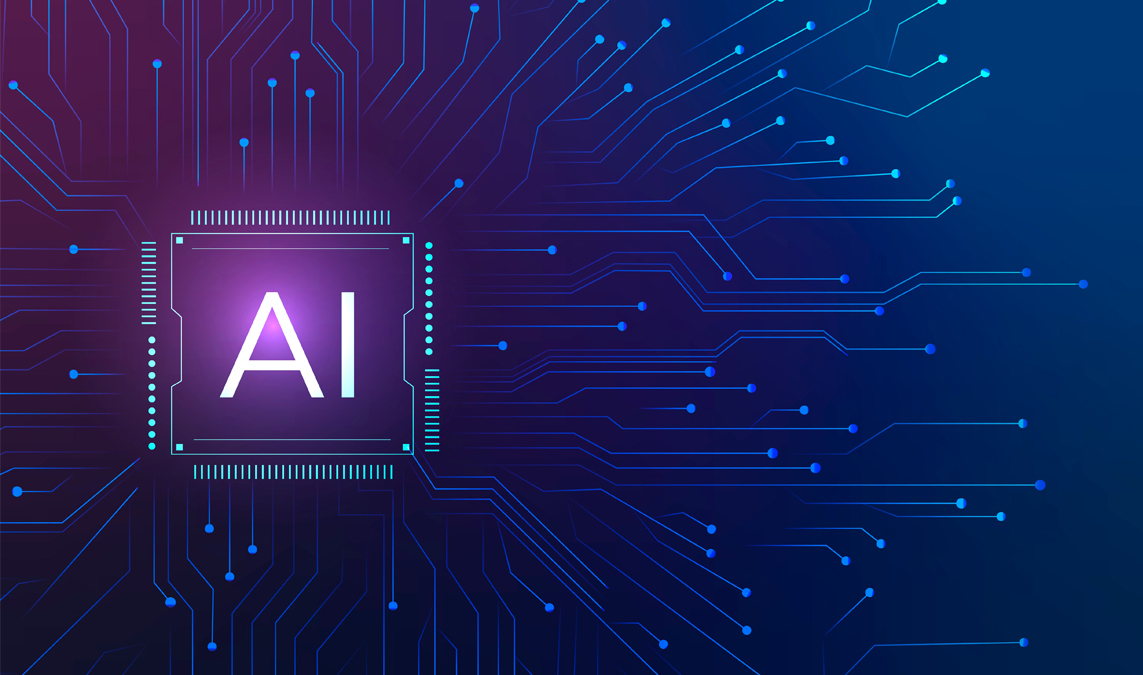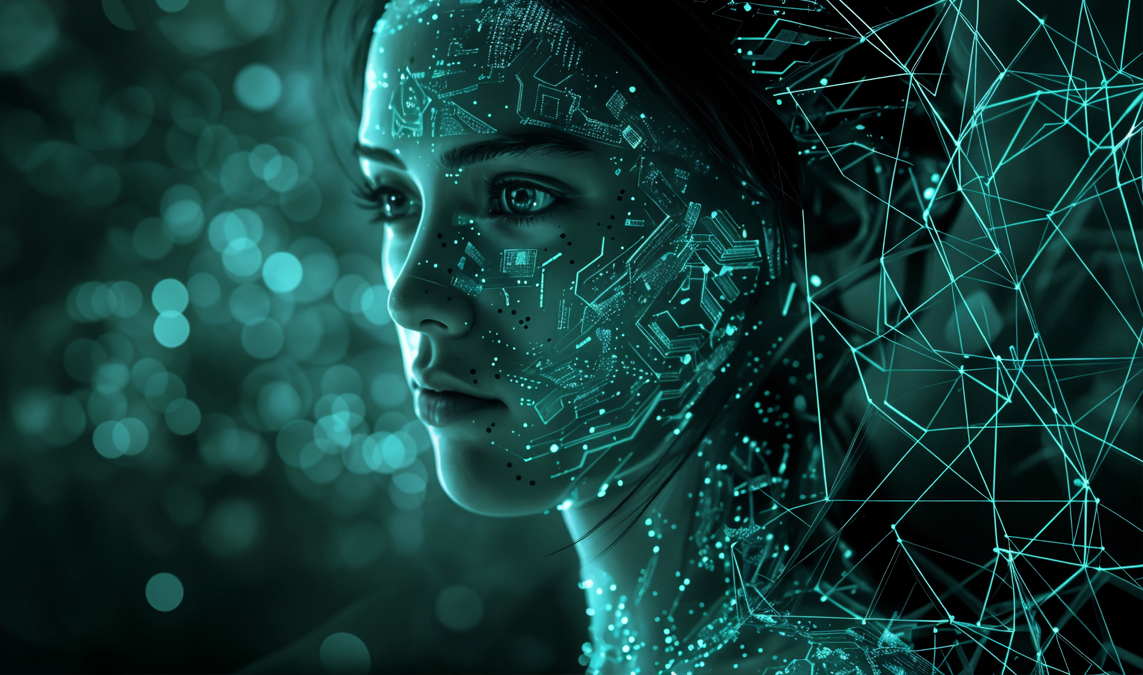Introduction: The Rise of AI Agents
In today’s fast-paced digital landscape, AI agents are at the forefront of innovation. These intelligent systems simulate human behavior, make decisions, and perform tasks autonomously. As organizations continue to adopt artificial intelligence (AI), AI agents are becoming crucial in various sectors including customer service, healthcare, finance, and e-commerce.
Thanks to rapid advancements in machine learning and natural language processing, AI agents can now understand, learn from, and respond to human input more effectively than ever before. Consequently, businesses are streamlining operations, improving user experience, and gaining competitive advantages.
What Are AI Agents?
AI agents are software entities that use algorithms to perceive their environment, process information, and take actions to achieve specific goals. Unlike traditional software possess a degree of autonomy, meaning they can make decisions without human intervention.
These agents range from simple rule-based bots to highly complex systems using deep learning models. Some popular examples include virtual assistants like Siri and Alexa, chatbots used for customer service, and robotic process automation (RPA) tools in enterprise environments.
Moreover, as AI agents evolve, they are becoming more adaptive, proactive, and capable of handling intricate tasks across multiple channels.
The Core Components for AI Agents
To understand how they work, it’s important to recognize their key components:
Perception Module – Allows the agent to receive data from its environment (e.g., user queries, sensors).
Decision-Making Module – Processes data and determines the next action based on rules or learned behavior.
Action Module – Executes the chosen task, whether it’s sending a response, retrieving data, or initiating another process.
Learning Module – Enables the agent to adapt and improve over time through feedback and new data.
Because of these components, AI can replicate many human functions while operating more efficiently and consistently.
Real-World Applications
The use cases span across numerous industries, and their impact is growing steadily. For example:
1. Customer Service
AI agents are revolutionizing customer support by providing 24/7 assistance. Chatbots and virtual agents handle inquiries, troubleshoot issues, and escalate complex problems when needed. This not only improves customer satisfaction but also reduces operational costs.
2. Healthcare
AI agents assist medical professionals by analyzing patient data, scheduling appointments, and even offering preliminary diagnoses. By doing so, they enhance care delivery while minimizing administrative burdens.
3. Finance
In banking and finance, AI agents monitor transactions, detect fraud, and offer financial advice. Their ability to process massive datasets in real time leads to better risk management and personalized services.
4. E-commerce
Retailers use AI agents for personalized product recommendations, inventory management, and customer interaction. This contributes to higher conversion rates and improved user engagement.
Clearly, AI agents are not just tools; they are strategic assets that redefine how businesses operate.
Advantages of Using AI
The benefits of integrating AI into workflows are significant:
Scalability: They handle a high volume of tasks without a drop in performance.
Efficiency: AI reduces response times and automate repetitive processes.
Consistency: Unlike humans, AI deliver the same quality of service at all times.
Data Utilization: They analyze and leverage data to make informed decisions.
Cost-Effectiveness: Organizations save on labor and operational costs in the long run.
Because of these benefits, adoption rates are surging worldwide.

Ethical Considerations and Limitations
Despite their advantages, AI agents come with ethical and practical challenges. For instance:
Bias in Decision-Making: If trained on biased data, AI may produce unfair or discriminatory outcomes.
Job Displacement: Automation can reduce the need for certain jobs, leading to employment concerns.
Privacy Issues: Processing sensitive data must adhere to strict privacy standards.
Therefore, developers and organizations must design AI agents responsibly, with transparency and accountability in mind.
The Future
The future looks incredibly promising. As technology advances, these systems will become more context-aware, emotionally intelligent, and capable of human-like interactions.
Furthermore, integration with emerging technologies like blockchain, the Internet of Things (IoT), and augmented reality will expand their functionality. For example, an AI agent could manage a smart home ecosystem or assist users in immersive virtual environments.
In addition, the rise of multi-agent systems—where multiple AI collaboration to complete tasks—will lead to even more sophisticated applications in logistics, gaming, and autonomous vehicles.
Why Businesses Should Act Now
With AI agents becoming a central part of digital transformation, now is the time for businesses to invest. Not only will early adopters gain a technological edge, but they will also set themselves up for long-term growth and resilience.
To begin, organizations should identify areas with repetitive tasks, implement pilot programs, and track measurable improvements. From there, scaling up becomes both feasible and rewarding.
Conclusion
AI agents are no longer futuristic ideas—they are active players in today’s digital ecosystem. From automating basic tasks to enhancing complex decision-making, these agents offer transformative potential across industries.
With their growing capabilities, wide-ranging applications, and increasing adoption, AI agents are shaping the future of work, business, and everyday life. By understanding and leveraging their power responsibly, organizations and individuals can unlock unprecedented levels of efficiency, productivity, and innovation.







